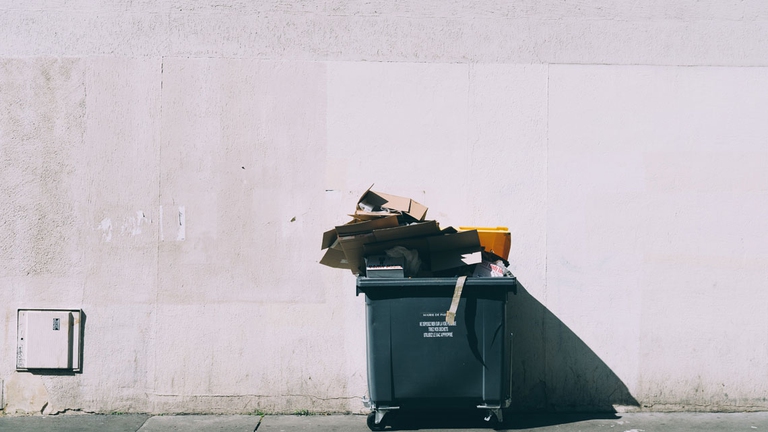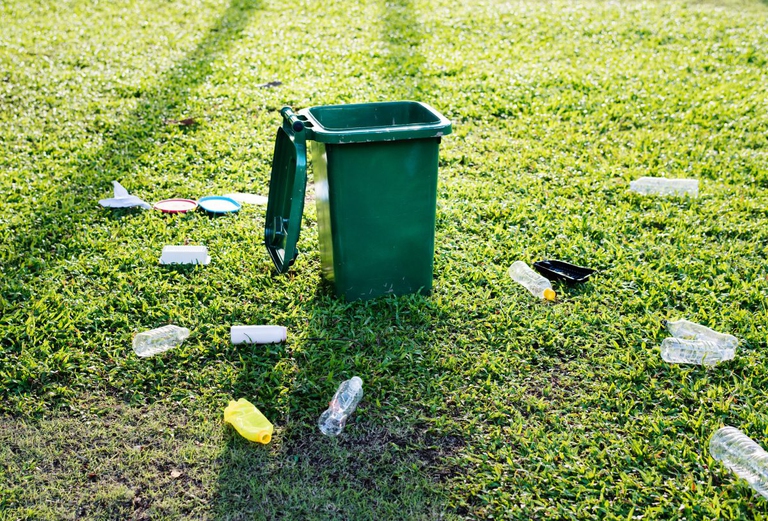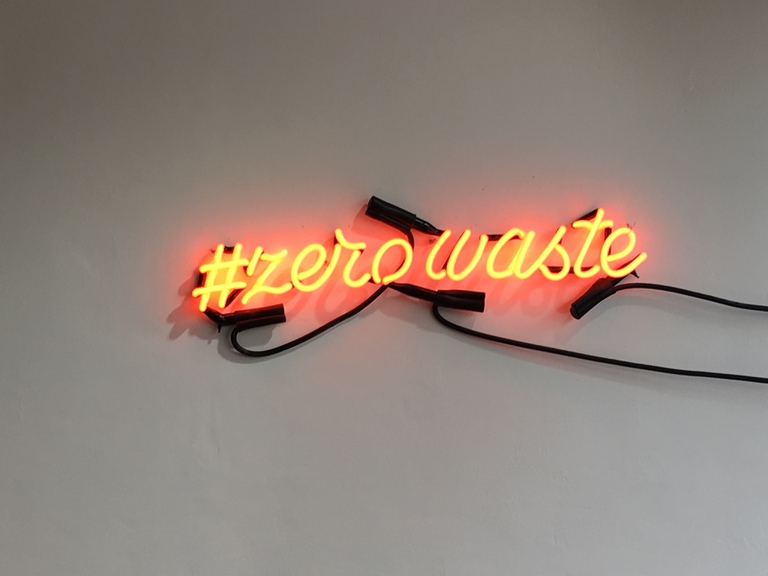
South African court dismisses a major lawsuit by 140,000 Zambian women and children against Anglo American for Kabwe lead poisoning. A setback for affected communities enduring the lasting impact of lead contamination.
On the path toward zero waste, 23 pioneering cities and regions committed to significantly cut the amount of waste they generate, to accelerare the transition to a more sustainable future.
On 28 August 2018, 23 pioneering cities and regions committed to significantly cut the amount of waste they generate, accelerating them on the path toward zero waste. By signing C40’s Advancing towards zero waste declaration, these cities and regions have pledged to cut the amount of waste generated by each citizen by 15 per cent by 2030, reduce the amount of waste sent to landfills and incineration by 50 per cent and increase the diversion rate to 70 per cent by 2030 compared to 2015 levels.
Signatory cities and regions include Milan, Auckland, Catalonia, Copenhagen, Dubai, London, Montreal, Navarra, New York City, Newburyport, Paris, Philadelphia, Portland, Rotterdam, San Francisco, San Jose, Santa Monica, Sydney, Tel Aviv, Tokyo, Toronto, Vancouver and Washington DC.
The 150 million citizens that live in the 23 cities and regions are accelerating the transition to a zero-waste future and will avoid the disposal of at least 87 million tonnes of waste by 2030. Such bold commitments, made ahead of the Global climate action summit in San Francisco, are essential steps in delivering on the highest goals of the Paris Agreement and keeping global temperature rise below 1.5 degrees.
The sustainable and liveable city of the future is also a city that moves towards zero-waste Frank Jensen, Mayor of Copenhagen
“Waste management is key for cities to rapidly lower their emissions”, said Mayor of Milan Giuseppe Sala. “Milan has reached an ambitious 60 per cent of successful waste recycling through the active engagement of citizens and visitors and a strong focus on preventing food waste. It is a natural further step for Milan to join forces with other C40 cities in committing to a zero-waste future for a healthier environment”.
Worldwide waste generation is increasing faster than any other environmental pollutant, and action in this sector can have a much faster and greater impact in combating climate change. For instance, the 1.3 billion tonnes of annual worldwide food scraps sent to landfills each year decomposes into methane, which is a much more potent greenhouse gas than CO2 and already accounts for 25 per cent of current global warming. Transforming solid waste and material management systems globally could reduce global emissions by 20 per cent.
To deliver on the highest ambition of the Paris Agreement requires urgent transformations of every aspect of modern life, including our consideration about what we throw awayAnne Hidalgo, Mayor of Paris
That is why mayors of the world’s urban centres are accelerating the transition towards a zero-waste future. Mayors have committed to taking ambitious, measurable and inclusive actions to reduce municipal solid waste generation and improve materials management in their cities, both key to making our urban centres cleaner, healthier, more resilient and inclusive. Better waste management can also create jobs and economic opportunities for social entrepreneurs and vulnerable communities.
Tokyo wishes to have every citizen become even more aware of “mottainai”, which means it’s too precious to waste, and change their behaviorYuriko Koike, Governor of Tokyo
Specifically, signatory cities will implement bold actions, including:
Leading up to the Global Climate Action Summit, C40 urged cities to step up their climate action and ambition – the announcement is one of the city commitments under that initiative. The high ambition Advancing Towards Zero Waste Declaration was developed by C40 and the city of San Francisco, in consultation with other C40 cities in the Waste to Resources network.
Siamo anche su WhatsApp. Segui il canale ufficiale LifeGate per restare aggiornata, aggiornato sulle ultime notizie e sulle nostre attività.
![]()
Quest'opera è distribuita con Licenza Creative Commons Attribuzione - Non commerciale - Non opere derivate 4.0 Internazionale.
South African court dismisses a major lawsuit by 140,000 Zambian women and children against Anglo American for Kabwe lead poisoning. A setback for affected communities enduring the lasting impact of lead contamination.
Controversial African land deals by Blue Carbon face skepticism regarding their environmental impact and doubts about the company’s track record, raising concerns about potential divergence from authentic environmental initiatives.
Majuli, the world’s largest river island in Assam State of India is quickly disappearing into the Brahmaputra river due to soil erosion.
Food imported into the EU aren’t subject to the same production standards as European food. The introduction of mirror clauses would ensure reciprocity while also encouraging the agroecological transition.
Sikkim is a hilly State in north-east India. Surrounded by villages that attracts outsiders thanks to its soothing calmness and natural beauty.
Sikkim, one of the smallest states in India has made it mandatory for new mothers to plant saplings and protect them like their children to save environment
Chilekwa Mumba is a Zambian is an environmental activist and community organizer. He is known for having organized a successful lawsuit against UK-based mining companies.
What led to the Fukushima water release, and what are the impacts of one of the most controversial decisions of the post-nuclear disaster clean-up effort?
Nzambi Matee is a Kenyan engineer who produces sustainable low-cost construction materials made of recycled plastic waste with the aim of addressing plastic pollution and affordable housing.










